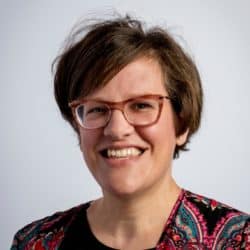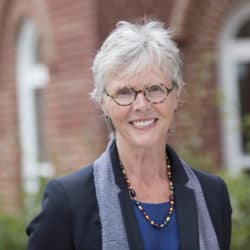As we mark the 150th anniversary of confederation, The Philanthropist is profiling Canadians from across the non-profit sector and putting a face to 150 individuals who work or volunteer in Canada’s social sector.
Name: Vincent Masterson
Current role in the sector: International Education and Training Advisor at Centre for Affordable Water and Sanitation Technology (CAWST)
Years working and/or volunteering in the non-profit sector: Five years
What was your first job in the sector or a defining moment?
My first job in the sector was in Yei, South Sudan working for the Malaria Consortium as part of a program to eradicate Schistosomiasis and hook worms. I didn’t quite understand what I was getting myself into at the time and that first job really revolutionized my perspectives of international development. I had heard stories before of people going on missions or volunteering abroad to help people in need. What I didn’t realize was the degree of professionalism and complexity of the challenges of working in international development. I used to think that the sector was based on simply lending a helping hand that anybody could, and should do–oh was I ever wrong. The sector is essentially a melting pot of public health, education, engineering, sociology, psychology, and economics. It requires very competent and professional individuals to really achieve success and make a difference.
Describe your desk/workspace.
When I’m working in our home office in Calgary, it’s very similar to any flexible workspace – open office concept, lounge areas, standing desks, etc. When I’m working overseas, it’s a very different reality. I remember sitting in the dark, updating lessons by the flood of light from my laptop screen in Zambia, discussing with local stakeholders while sitting barefoot in a raised bamboo house in Myanmar, or facilitating a focus group in a concrete house partially destroyed from the latest earthquake in Haiti. My favourite part of my workspace is that it is constantly changing, and I never know what to expect, except the unexpected.
What are you reading or following that has expanded your understanding of the non-profit sector?
The book that has had the most influence on my perspective of the sector has been Dead Aid by Dambisa Moyo. It helped me influence my decision to not stop my work, as she insinuates in the book, but rather change the way we work. International development is not about providing help, it is about supporting people to create opportunities for growth. It’s about walking beside them and leveraging their strengths.
What do you think our sector needs to be thinking about?
I think the sector needs to do a better job at thinking about supporting the systems already in place when trying to help. On many occasions, good-intentioned organizations will offer goods and services without thinking of the repercussions they may cause to the fragile local economies. These small economies are often built on the backs of manual labor, subsistance farming, and textiles; charities can disrupt these markets and make matters much worse when they fly in to help build infrastructure, give away free clothes, or offer highly subsidized food. International development is a complex sector that needs complex solutions.
Do you know someone we should profile as part of this series? Email us at philanthropistprofiles@gmail.com


